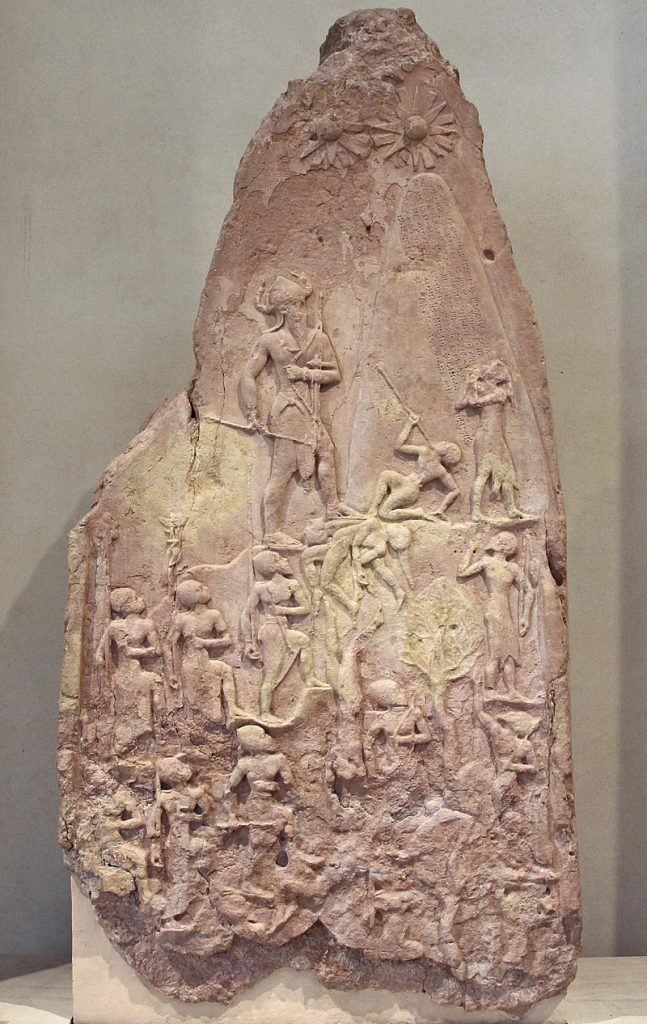The latest issue of Antiquity published a paper presenting results of biochemical analyses of human bones from a few sites situated in north-eastern Syria, and showing on this basis that in the 22nd century BC, when the Akkadian Empire was declining, there was no change in the local economy which could be a response to a long-term drought, and even if there was a temporary climate change, the local human societies survived it in a good condition.

© F. Romero, France – Paris – Musée du Louvre, published under CC BY 2.0, via Wikimedia Commons
Continue reading “Rapid change of climate did not cause the fall of the Akkadian Empire”

